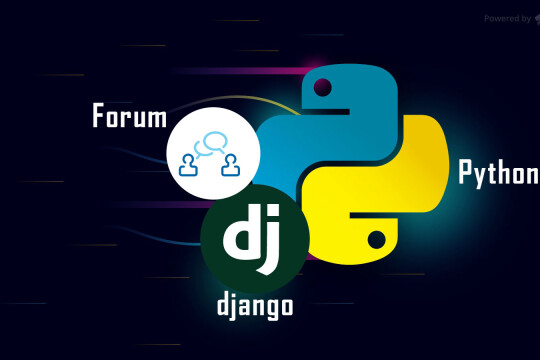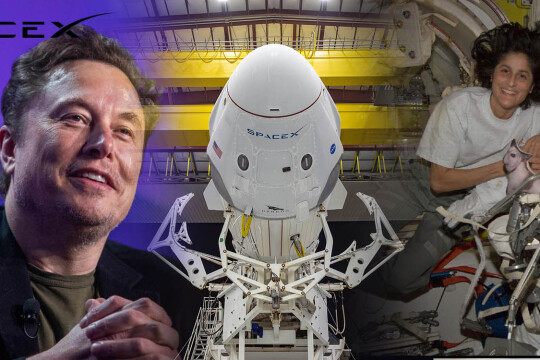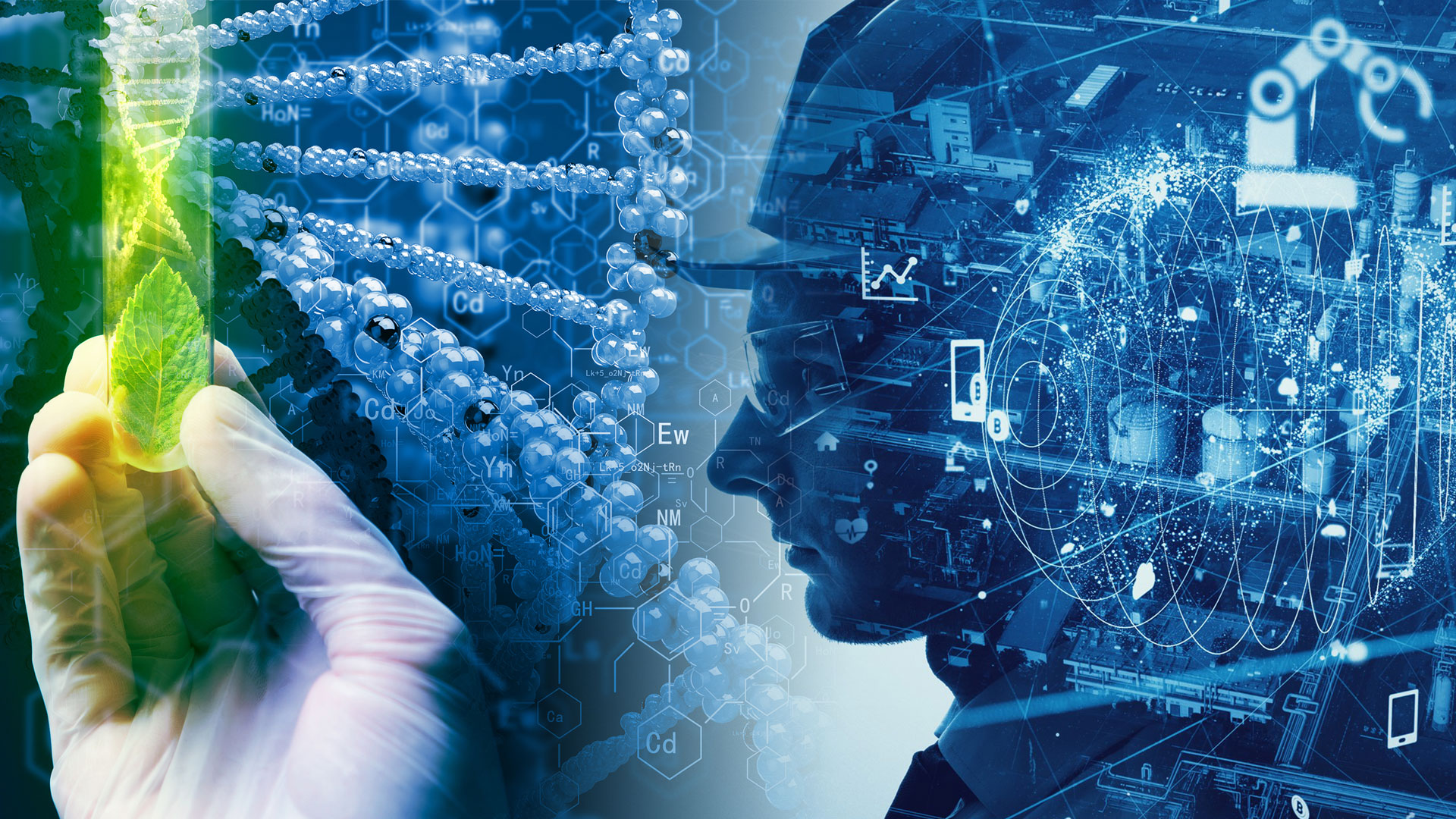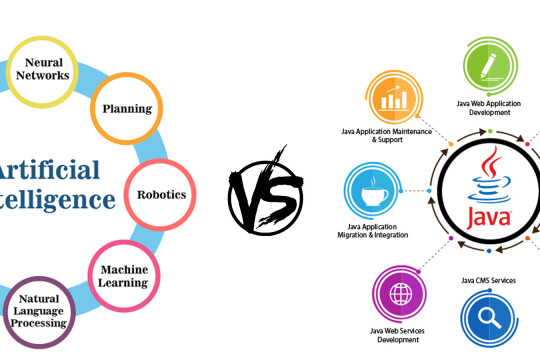Technology and science are closely related fields that have had a profound impact on society. Advances in technology have enabled us to communicate and access information more easily, and have transformed the way we live and work. Meanwhile, scientific discoveries have expanded our knowledge of the natural world and allowed us to develop new technologies that improve our quality of life.
There are many important topics to explore and debate in the fields of technology and science, including artificial intelligence, genetic engineering, climate change, cybersecurity, and space exploration. These topics raise ethical, social, and political questions that require careful consideration and discussion.
Box-sizing:border-box;color:#374151;font-family:Söhne, ui-sans-serif, system-ui, -apple-system, 'Segoe UI', Roboto, Ubuntu, Cantarell, 'Noto Sans', sans-serif, 'Helvetica Neue', Arial, 'Apple Color Emoji', 'Segoe UI Emoji', 'Segoe UI Symbol', 'Noto Color Emoji';font-size:16px;font-style:normal;font-variant-caps:normal;font-variant-ligatures:normal;font-weight:400;letter-spacing:normal;margin:0px 0px 1.25em;orphans:2;text-align:start;text-decoration-color:initial;text-decoration-style:initial;text-decoration-thickness:initial;text-indent:0px;text-transform:none;white-space:pre-wrap;widows:2;word-spacing:0px;">1. Artificial intelligence: AI is a rapidly growing field that has the potential to revolutionize many aspects of our lives. However, there are concerns about the impact of AI on employment, privacy, and ethics. Some argue that AI will lead to widespread job loss and increased inequality, while others believe it will create new opportunities and improve efficiency. There are also concerns about the potential for AI to be used for malicious purposes or to violate individual privacy. As AI continues to develop, it is important to consider these issues and develop regulations and ethical guidelines to ensure that it is used for the benefit of society.
2. Genetic engineering: Genetic engineering has the potential to cure diseases and improve the quality of life for many people. However, there are concerns about the ethics of manipulating the genetic makeup of humans and other organisms. Some argue that it is a violation of the natural order, while others believe that it is a necessary step for progress and scientific advancement. It is important to carefully consider the potential risks and benefits of genetic engineering and develop regulations and ethical guidelines to ensure that it is used safely and responsibly.
3. Space exploration: Space exploration has the potential to advance scientific knowledge and open up new opportunities for human exploration and colonization. However, there are questions about the cost and feasibility of space exploration, as well as concerns about the impact on Earth and the allocation of resources. Some argue that space exploration should be a priority, while others believe that it is a luxury that we cannot afford. As space exploration continues to develop, it is important to consider these issues and develop policies that balance the potential benefits with the costs and risks.
4. Climate change: Climate change is a pressing issue that requires urgent action to prevent catastrophic consequences. There is a scientific consensus that human activity, particularly the burning of fossil fuels, is a major contributor to climate change. However, there is debate over how to address the issue, with some advocating for carbon taxes, renewable energy, and other measures to reduce emissions, while others argue that these measures will be too costly and ineffective. It is important to continue the scientific research into climate change and develop policies that are effective, feasible, and equitable.
5. Nuclear energy: Nuclear energy is a controversial issue, with some seeing it as a safe and sustainable solution to our energy needs, while others argue that it poses too many risks. While nuclear accidents are rare, they can have catastrophic consequences, as demonstrated by the Fukushima and Chornobyl disasters. Additionally, there are concerns about the disposal of nuclear waste and the potential for nuclear weapons proliferation. It is important to carefully consider the potential risks and benefits of nuclear energy and develop policies that ensure its safe and responsible use.
6. Robotics and automation: Robotics and automation have the potential to revolutionize many industries, but there are concerns about the impact on employment and income inequality. Some argue that the increased use of robots and automation will lead to widespread job loss and increased inequality, while others believe that it will create new opportunities and improve efficiency. It is important to consider the potential impact of robotics and automation on the workforce and develop policies that ensure that they are used responsibly and for the benefit of society.
7. Biotechnology and genetic modification of crops: Biotechnology has the potential to improve food security and reduce the environmental impact of agriculture. However, there are concerns about the safety of genetically modified crops and the potential for negative effects on human health and the environment. It is important to continue research into biotechnology and genetic modification of crops and develop policies that ensure their safe and responsible use.
8. Cybersecurity and privacy: In the digital age, cybersecurity and privacy are increasingly important issues. There are concerns about the vulnerability of personal data to hacking and other forms of cybercrime, as well as the potential for government surveillance and infringement on individual privacy. It is important to develop effective cybersecurity measures and regulations that protect personal data and ensure the privacy of individuals.
9. Nanotechnology: Nanotechnology involves the manipulation of materials at the nanoscale, and has the potential to revolutionize many fields, from medicine to electronics. However, there are concerns about the safety of nanomaterials and the potential for negative environmental and health effects. It is important to continue research into nanotechnology and develop policies that ensure its safe and responsible use.
10. 3D printing: 3D printing has the potential to transform manufacturing and enable the production of customized products on demand. However, there are concerns about the impact on traditional manufacturing industries and the potential for copyright infringement. It is important to develop policies that encourage innovation and competition in the 3D printing industry while also protecting intellectual property rights.
11. Autonomous weapons: Autonomous weapons are weapons that can operate without human intervention, and there are concerns about the ethical implications of their development and use. Some argue that autonomous weapons could reduce the risk to human soldiers and civilians in conflict zones, while others believe that they could lead to an arms race and increase the likelihood of accidental or intentional harm. It is important to consider the ethical implications of autonomous weapons and develop regulations that ensure their responsible use.
12. Virtual reality: Virtual reality technology has the potential to provide immersive experiences and improve education and training. However, there are concerns about the impact on mental health and addiction, as well as the potential for misuse and exploitation. It is important to develop regulations and ethical guidelines for virtual reality technology that ensure its safe and responsible use.
13. Bioethics: Bioethics involves the ethical considerations surrounding advances in biotechnology, including cloning, stem cell research, and genetic engineering. There are concerns about the impact on human dignity and the potential for unintended consequences. It is important to continue the ethical debate around biotechnology and develop policies that ensure its safe and responsible use.
14. Artificial General Intelligence: Artificial General Intelligence involves the creation of machines that can match or exceed human intelligence. There are concerns about the potential risks, including the loss of jobs and control over technology. It is important to continue research into Artificial General Intelligence and develop policies that ensure its safe and responsible use.
15. Renewable energy: Renewable energy has the potential to reduce greenhouse gas emissions and improve energy security. However, there are concerns about the cost and feasibility of renewable energy and the potential impact on traditional energy industries. It is important to develop policies that encourage the development of renewable energy while also ensuring a just transition for affected communities.
16. Big data: Big data involves the collection and analysis of large amounts of data, and there are concerns about the potential for privacy violations and misuse. It is important to develop regulations and ethical guidelines for the collection and use of big data that protect privacy and prevent misuse.
17. Quantum mechanics: Quantum mechanics is a field of physics that has the potential to revolutionize many aspects of technology, from computing to cryptography. However, there are questions about the philosophical implications of quantum mechanics and the potential for negative consequences, including the development of new weapons. It is important to continue research into quantum mechanics and develop policies that ensure its responsible use.
18. Gene editing: Gene editing technology, such as CRISPR, has the potential to cure genetic diseases and improve health outcomes. However, there are concerns about the potential for unintended consequences and the ethical implications of manipulating the human genome. It is important to continue research into gene editing technology and develop policies that ensure its safe and responsible use.
19. Surveillance and government control: In the digital age, there are concerns about the limits of government surveillance and control and the potential impact on privacy and freedom. It is important to develop policies that balance the need for national security with individual privacy and civil liberties.
20. Space exploration: Space exploration has the potential to advance scientific understanding and enable the exploration of other planets. However, there are concerns about the cost and feasibility of space exploration, as well as the potential for negative environmental and social impacts. It is important to continue research into space exploration and develop policies that ensure its safe and responsible use.
21. Climate change: Climate change is one of the most pressing challenges facing the world today, with potentially catastrophic consequences for the environment and human society. There are debates around the causes of climate change, the best ways to mitigate its effects, and the role of government and industry in addressing the issue. It is important to continue the debate around climate change and develop policies that effectively address the problem.
22. Artificial Intelligence and Jobs: With the rise of automation and artificial intelligence, there are concerns about the impact on employment and the workforce. Some argue that automation and AI will lead to job loss and increased inequality, while others believe that they will create new opportunities and improve productivity. It is important to consider the impact of automation and AI on employment and develop policies that support workers and promote economic growth.
23. Cyberwarfare: Cyberwarfare involves the use of computer systems and networks to attack and defend against other nations or organizations. There are concerns about the potential for cyberwarfare to cause widespread disruption and damage, as well as the lack of clear rules and regulations governing its use. It is important to develop policies and international agreements that regulate cyberwarfare and ensure its responsible use.
24. Artificial Intelligence and Bias: With the increasing use of AI in decision-making, there are concerns about the potential for bias and discrimination. AI systems can reflect the biases of their creators or the data they are trained on, which can have negative consequences for marginalized groups. It is important to develop AI systems that are fair and unbiased and to address issues of bias and discrimination in AI decision-making.
25. Animal testing: Animal testing is a controversial topic, with some arguing that it is necessary for scientific research and others advocating for alternatives that do not involve the use of animals. There are concerns about the ethical implications of animal testing and the reliability of the results obtained. It is important to continue the debate around animal testing and develop policies that balance the need for scientific research with animal welfare and ethical considerations.

















Comments & Discussion
Join the discussion by logging into your account.